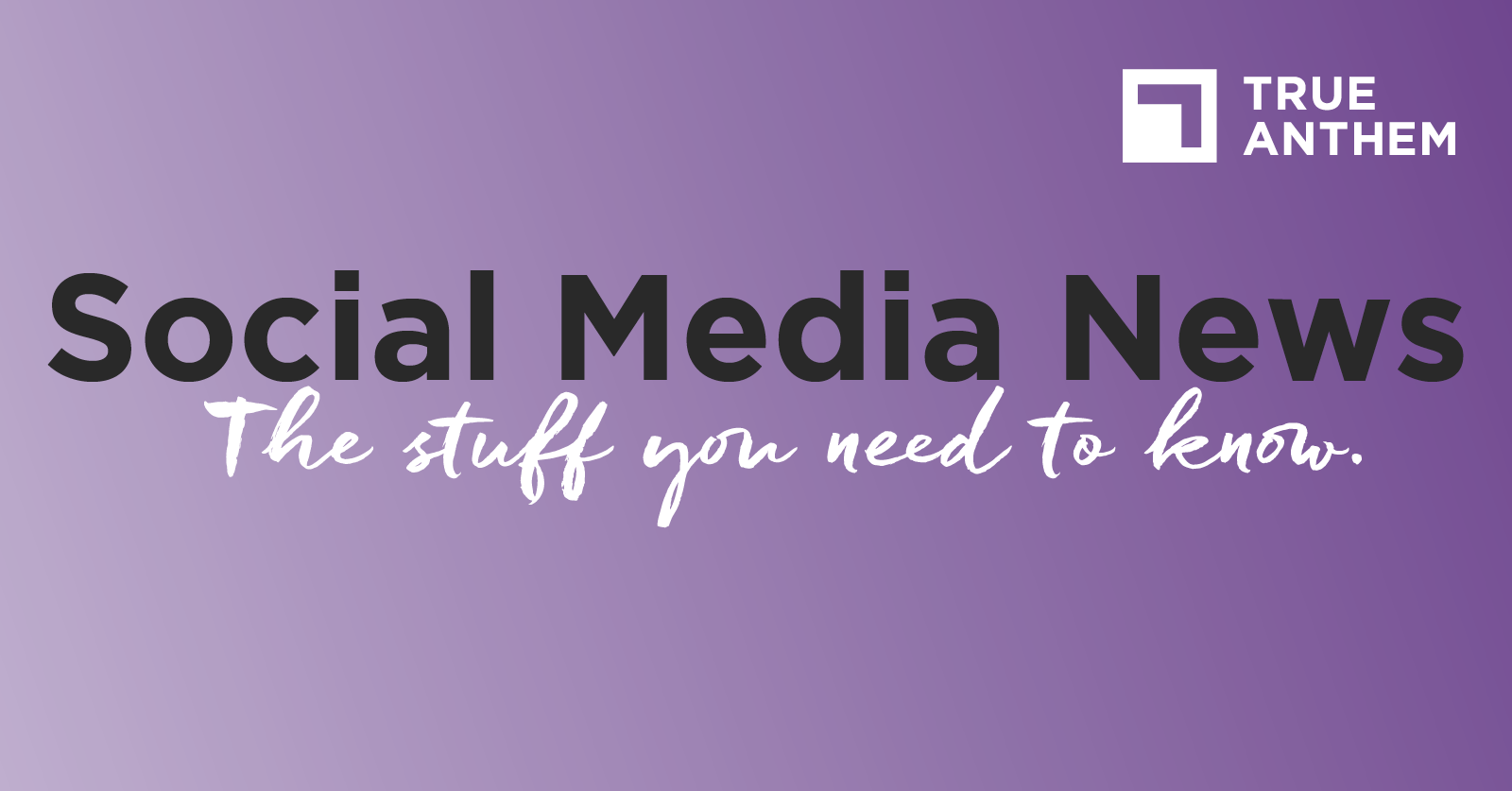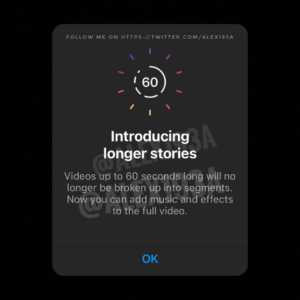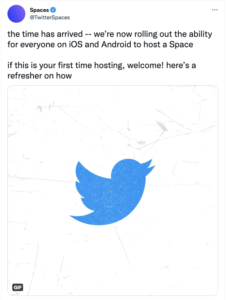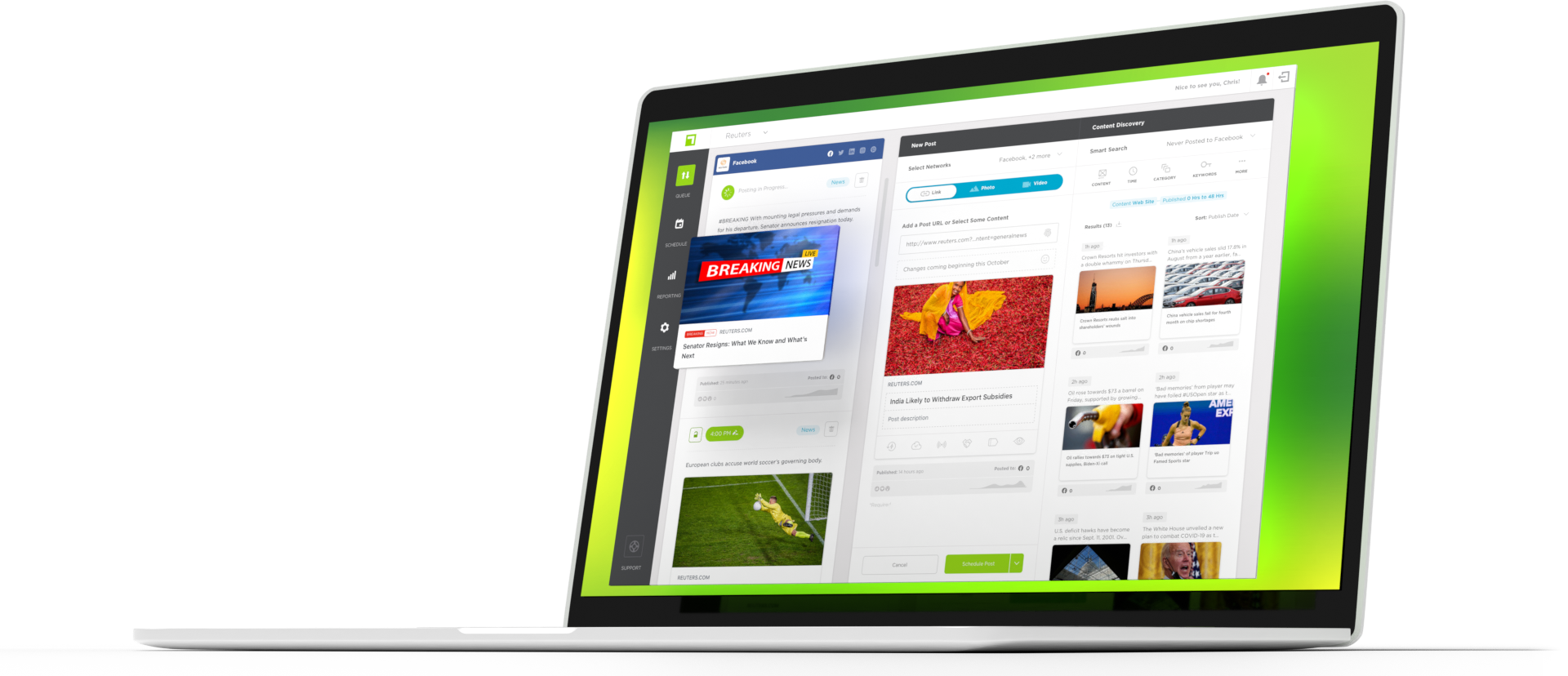Instagram has been notoriously complicated for publishers. From the lack of native link opportunities to the inability to post content from a desktop, they are the last holdout among major social media apps. But it looks like that could change. Also, Twitter is continuing to expand what it offers, and Facebook is doing some damage control. More below.
1. Instagram is going to enable desktop posting
This has been a long time coming, and Instagram users everywhere are celebrating.
The company will also make its Instagram desktop website more usable, by allowing people to finally be able to post both photos and videos less than one minute in length using their desktop web browser.
The latter has been a long-requested new feature, the company notes, and will become available to global audiences as of Thursday, October 21.
2. Longer stories may be coming to Instagram
Trying to post a 30-60 second video on Instagram Stories and having it broken up into 15 second segments is irritating, but it looks like they’re working on making this a thing of the past. From Alessandro Paluzzi on Twitter:
3. Twitter has acquired Sphere
This is interesting! From TechCrunch:
The move comes as Twitter has visibly become more aggressive to expand its product offerings in recent quarters. The firm, which attempted to acquire Clubhouse, introduced a similar feature this year and more recently has taken several steps to curb unruly discourse on its platform.
Hopefully with Sphere under its umbrella, the social giant will do something about the state of personal and group messages on its platform.
4. Twitter’s Spaces now available on iOS and Android
It took a while, but it looks like Spaces are now availably outside of the iOS universe. Android now has access to Twitter’s audio rooms.
5. Facebook is trying to protect public figures from hate speech
Turns out Facebook actually DOES realize that their public accounts take a beating. They’re taking some new steps to combat the abuse. Here are some specifics:
Based on feedback from a large number of global stakeholders, we will now also remove:
- Severe sexualizing content
- Profiles, Pages, groups or events dedicated to sexualizing the public figure
- Derogatory, sexualized photoshopped images and drawings
- Attacks through negative physical descriptions that are tagged to, mention or posted on the public figure’s account
- Degrading content depicting individuals in the process of bodily functions
In addition, we will remove unwanted sexualized commentary and repeated content which is sexually harassing. Because what is “unwanted” can be subjective, we’ll rely on additional context from the individual experiencing the abuse to take action. We made these changes because attacks like these can weaponize a public figure’s appearance, which is unnecessary and often not related to the work these public figures represent.
Some other interesting changes to Facebook’s bullying policies are outlined here.
Be sure to sign-up for our newsletter to get all your social media news!



